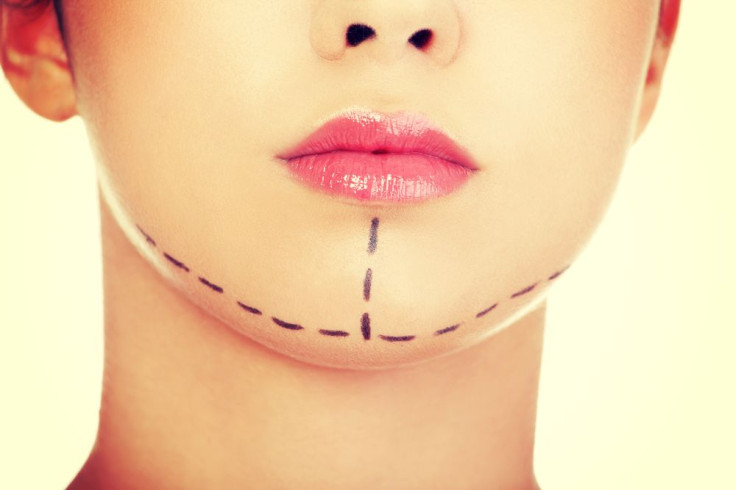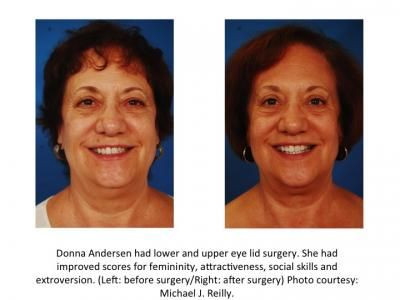Plastic Surgery Plays On Brain's Preference For Beauty: How A Simple Facelift Can Change Everything

Today is the age of plastic surgery. Last year, Americans spent more than $12 billion on plastic surgeries — and that’s just in the United States. While beauty and self-confidence remain the top reasons that so many opt to go under the knife, a recent study has revealed that there may be a more deeply rooted instinctual explanation for our love affair with cosmetic surgery.
For the first time ever, scientists at Georgetown University in Washington, D.C. conducted a study to examine perception of individuals before and after undergoing facial plastic surgery. One hundred seventy volunteers were asked to look at the pre- and postoperative photos of 30 women, all of whom were of European decent.
No one person saw both the before and after photos of the same woman and none of the volunteers where told of whether or not plastic surgery had been performed in the image they were viewing. After viewing the images, volunteers were asked to rate their perception of the women’s traits. These traits included: attractiveness and femininity; and personality traits such as extroversion, likability, social skills, risk-taking behavior, aggressiveness, and trustworthiness.
Results showed that the images of women after they had undergone facial plastic surgery were generally perceived to be more attractive and likable than the faces of women before their operation. However, the reason for this is not simply human vanity. According to the researchers involved, it’s partly due to basic human instinct to judge an individual’s personality and motives based on nothing more than their faces.

"Our animal instinct tells us to avoid those who are ill-willed, and we know from previous research that personality traits are drawn from an individual's neutral expressions," explained Dr. Michael J. Reilly, an assistant professor of otolaryngology head and neck surgery at Georgetown University School of Medicine, in the press release.
The team also recorded which specific facial surgeries had resulted in the most positive perception. Lower eye lifts were associated with the most favorable post-operative reviews, with facelifts coming in second.
While the majority of the respondents perceived the post-operative photos as more favorable, for some, the operation caused others to perceive them as more risk-taking and aggressive.
“Some might say that is negative, but others may want that look," Reilly added.
The human brain can judge an individual in seconds, simply by looking at his face. This is a skill well-honed throughout evolution as a means to help ensure survival, and having a face that is perceived positively by the general public is a huge benefit. As reported by the Association for Psychological Science, “good-looking” faces are likely to get more affection from their mothers, get better marks from teachers, get paid more at work, and of course have better success in dating and reproduction.
According to the researchers, the results from this study will help them to better understand how surgical changes to the face can bring about the same natural-born faces in order to provide better results for patients.
Source: Reilly MJ, Tomsic JA, Fernandez SJ, Davidson SP. Effect of Facial Rejuvenation Surgery on Perceived Attractiveness, Femininity, and Personality. JAMA Facial Plastic Surgery. 2015



























